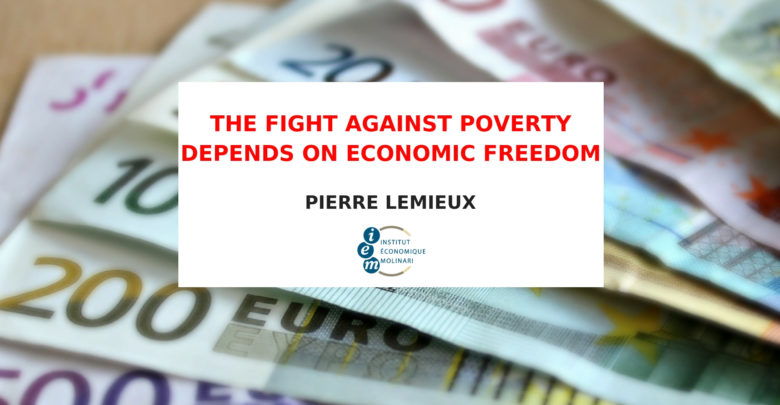Anglais
16th December marks Credit Day across Europe. This is the day that, on average, EU Member State governments have exhausted their annual tax income and start to spend borrowed money. This year, EU Credit Day will come 4 days later than last year, and 10 days later than in 2017, a significant improvement. Eleven Member States have managed to achieve a surplus this year with Ireland, Luxembourg, Slovenia, and Bulgaria joining…
→ Lire la suiteParis, December 10, 2019: The Institut économique Molinari has just published an original analysis of French pension reform as it affects retirement and public finances. Conclusions of this work, in partnership with Contrepoints, are the following: Pensions in France are not cheap. Based 98% on a pay-as-you-go system, they cost more than what is paid by our neighbours, who have accumulated capital to finance a portion of pension outlays. France’s…
→ Lire la suiteThe governments of EU member countries exhaust their resources December 13 on average, 18 days before year’s end. That’s seven days later than the year before, marking a significant improvement. Of the 28 EU central governments, nine were in surplus last year. The champions were Malta (with a surplus equal to 35 days’ spending), Sweden (with a 23-day surplus) and Bulgaria (15-day surplus). Their 2017 revenues enabled them to finance…
→ Lire la suiteMedia release Paris, December 12, 2018 : The Institut économique Molinari has calculated the day when European Union (EU) central governments had spent all their annual revenues. Calendar of days when EU central governments spent the last of their revenues THE 4TH EDITION OF THIS STUDY SHOWS THAT : The EU’s central governments exhausted their resources on December 13, 2017, on average, 18 days before year’s end. That’s seven days later than in…
→ Lire la suite=https://www.telegraph.co.uk/news/2018/07/28/embattled-macron-fights-keep-sheen-presidency-reform-miracle/?WT.mc_id=tmg_share_tw
→ Lire la suite









